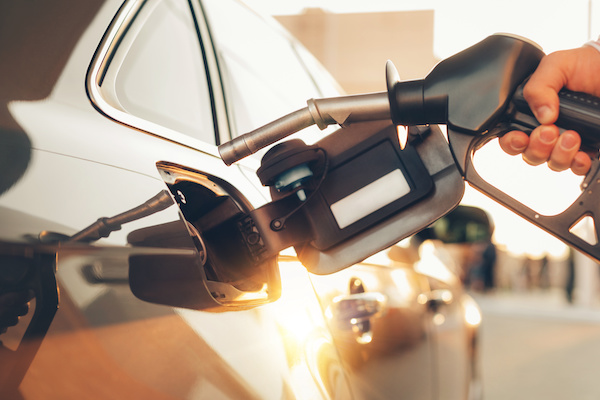Posted on 2/28/2022

To answer this question, it depends on the scenario and the kind of mix-up that occurred. Even if the situation isn't considered dangerous if done once, you should never put the wrong type of gas in your car intentionally or more than once. Below are four possible fuel mix-up scenarios: Putting 87 Octane Instead of 93 Octane Gasoline Octane numbers can be confusing for some drivers, but it is just the rating of the fuel's ability to withstand compression. Some people opt for 87 octane gas because it is cheaper. Using different octane will not cause intense damage, but things can be complex if you use a lower-than-recommended octane. Depending on the make/model and your engine design, a lower octane might not strike immediate damage, but continuing to do so could cause engine knocking. Putting 93 Octane or Higher than Recommended Octane Gasoline Of the four different scenarios, this is the least harmful. A higher octane level will not hurt your engine, but it also won ... read more
Posted on 2/15/2022

Just as important as having your car serviced on a regular basis is driving in a way that conserves gasoline and doesn't cause unnecessary wear on your vehicle. Here are some suggestions you can employ to help you keep both fuel and repair bills lower: Stick to straight, smooth roads for safer trips that utilize less fuel. When starting your car, never race your engine. In areas with many stoplights, stick to a safe, legal speed. Lights are often timed so that stops will be minimal. Before putting your car in gear, be sure to disengage your emergency brake. Start off slowly and drive steadily. Avoid accelerating suddenly. To save gas and your brakes, allow your car to coast when you know you will be stopping soon (at a light, for instance). Whenever possible, avoid stopping quickly. Shift into high gear as soon as you can. Driving faster than 40 mph leads to increased wind resistance, w ... read more